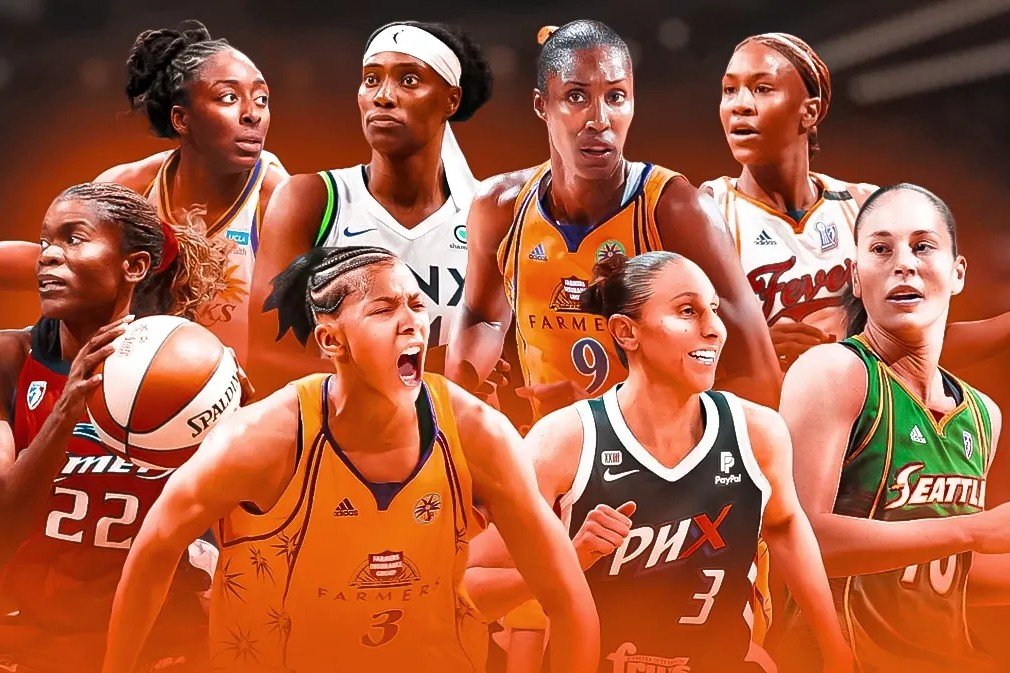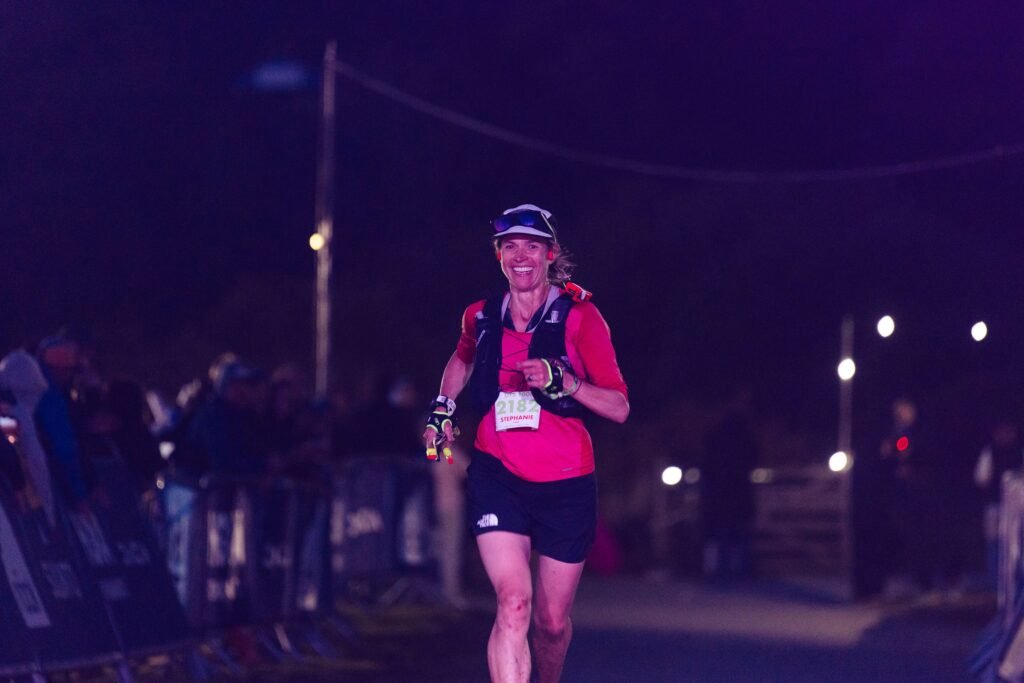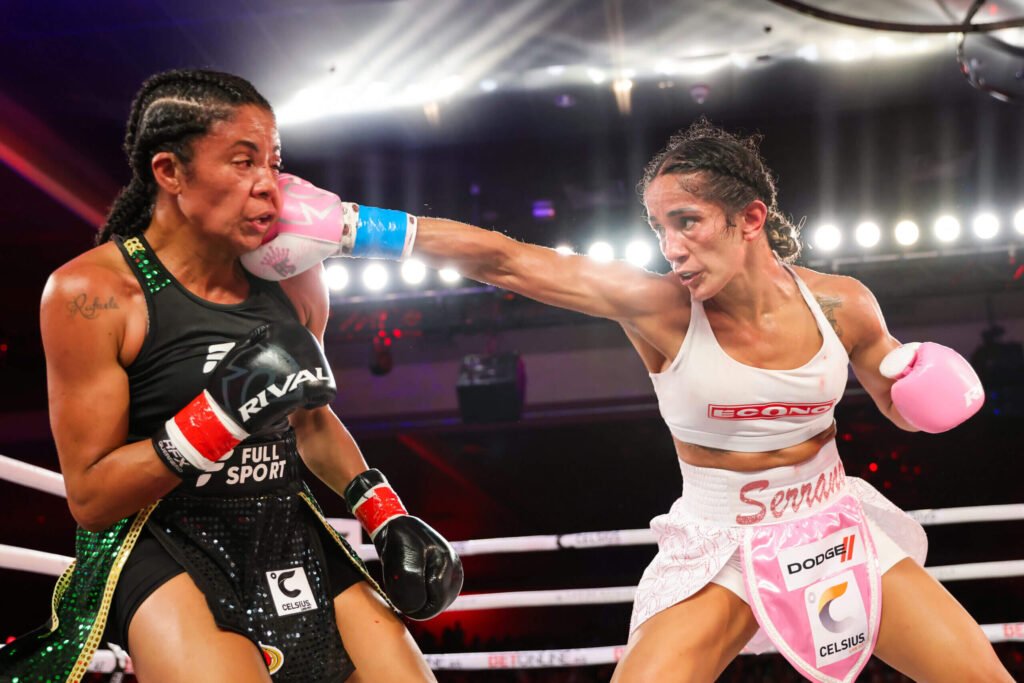The Taliban’s Ban on Women in Sport Is Gender Apartheid
Malala Yousafzai has spent her life fighting for girls’ rights — and now she’s turning her focus to Afghanistan’s female athletes, many of whom have been forced into exile. Since the Taliban regained control of Afghanistan in 2021, women have been banned from nearly every aspect of public life — including school, work, and sport.
“Afghan activists call it a form of gender apartheid,” Malala told CNN in a new interview. “The Taliban have literally banned women’s sports, women’s work, women’s education.”
For the women who once played for the country’s national soccer and cricket teams, fleeing was the only option. Now based in countries like Australia, they remain unrecognized on the global stage — unable to compete under their flag and without official support from major sports organizations.
Why Empowering These Athletes Is a Form of Resistance
Malala is urging international bodies like FIFA and the ICC to do more. “This is a form of resistance against the Taliban when we empower Afghan female athletes to play,” she said.
She’s been especially vocal about the Afghan women’s soccer team, which she visited during the 2023 Women’s World Cup. While FIFA has launched a Strategy for Action for Afghan Women’s Football, it still falls short of recognizing the team as Afghanistan’s national squad.
“We’ve already missed two World Cups,” said team member Mursal Sadat. “This doesn’t change that.”
Malala believes sport is more than just competition — it’s a powerful statement. “Practicing every right for Afghan women is an act of bravery and courage against the Taliban.”
The Future of Women’s Sports Depends on Global Action
Through her new initiative Recess, launched with husband Asser Malik, Malala is investing in the future of women’s sports. The mission is clear: give displaced athletes the visibility, funding, and opportunities they deserve — and use sport as a tool for global change.
“These athletes make the game,” Malala said. “Sports organizations shouldn’t say, ‘It’s too hard to figure out.’ They should be supporting the players, not sidelining them.”
The call is simple: show up for these women. Give them a platform. Let them play.













